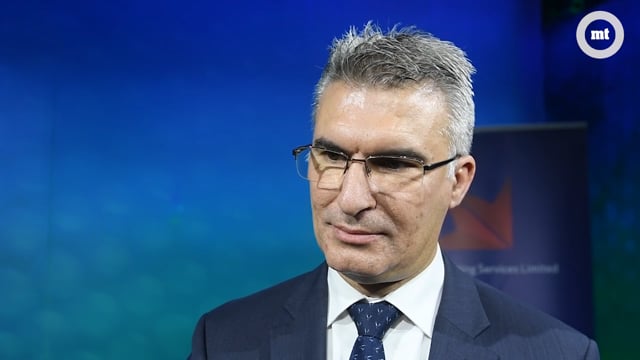[WATCH] Carmelo Abela non-commital on PBS reforms
Minister in the Office of the Prime Minister Carmelo Abela says he is taking stock of the situation within PBS, but that it is still premature to give details about promised reforms


The details of a reform of Malta’s public broadcaster, which was promised by Robert Abela, still need to be discussed, minister Carmelo Abela has said.
Abela, who is minister within the Office of the Prime Minister and whose remit includes the Public Broadcasting Services, said that he was currently taking stock of his responsibilities, including of the situation within the PBS, and that it was still premature to talk about what the reform would consist in.
The minister was responding to questions from MaltaToday - after a visit to PBS studios on Wednesday - in connection with a reform within the public broadcaster which was promised by Prime Minister Robert Abela during his Labour leadership campaign.
Both Robert Abela and Chris Fearne had emphasised during their campaigns that a PBS reform was needed, with Abela having said that Malta deserved a neutral, independent and effective national broadcasting.
“It is a bit premature to talk about the reform which the Prime Minister mentioned during his campaign,” minister Abela said, “When we arrive at that point, the necessary announcement will be made.”

“We are taking stock of everything, such as the resources, including financial ones, which the PBS has. It is encouraging that a substantial portion of those financial resources are coming from the private sector - this shows faith in the station and also the capability of it to attract such resources,” he said.
“This is not the only thing which needs to be discussed, but that’s why a stock take of the whole situation is necessary.”
During his visit, Abela highlighted that Malta's public broadcaster was the least dependent on public funds amongst all its counterparts within the European Broadcasting Union (EBU).
The minister said this was positive, since it showed that the PBS was less dependent on public funding than public television stations in other countries, and was able to obtain a significant portion of its revenue from adverts.
"We should be proud of this" Abela said, "And we should continue making efforts to amplify the portion of PBS revenue coming from the private sector, especially when the economy is growing."
He went on to underline that the main role of the PBS was to be of service to the public and to reach every citizens while encouraging them to participate more in the social sphere.
Abela said that, at the same time as having to satisfy its duties as a public broadcaster, the PBS also had to work on a clear strategy to connect its long years of experience with the reality of competition from digital media.
"It is a challenge for traditional broadcasting to remain relevant when more and more people, especially the younger generations, are turning to non-traditional means," he said.
In light of this, the PBS had to ensure it remained sustainable and worked to improve those operations which could be undertaken in a better way, he said.
Abela added that the government was committed to supporting the PBS and in investing in ongoing training for its staff.








.jpeg)

.jpg)








